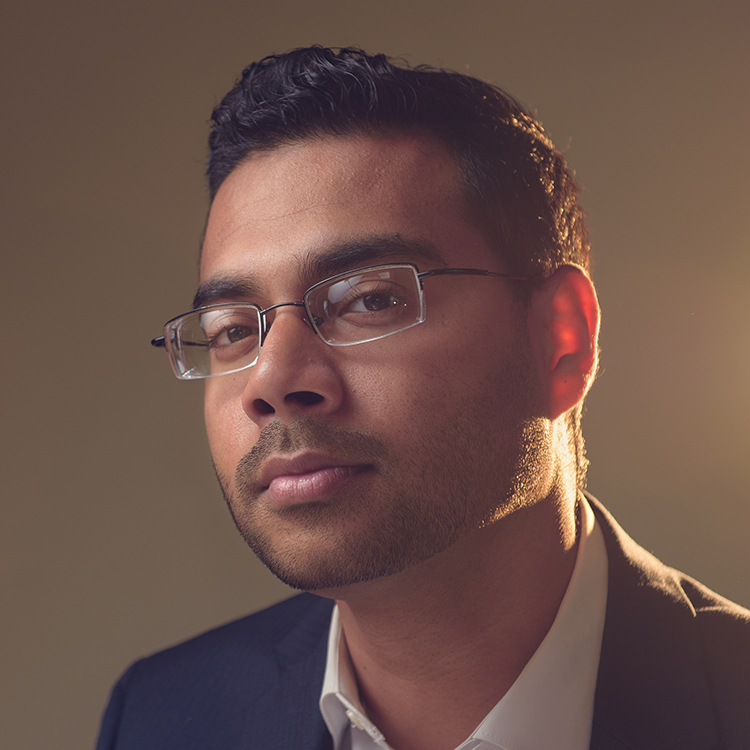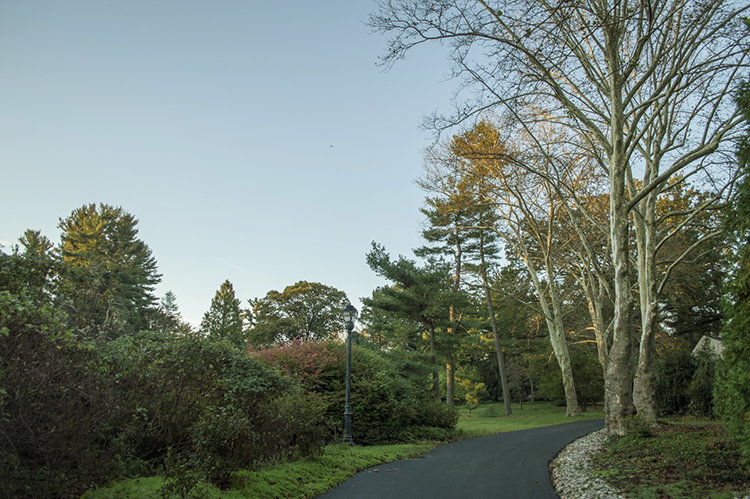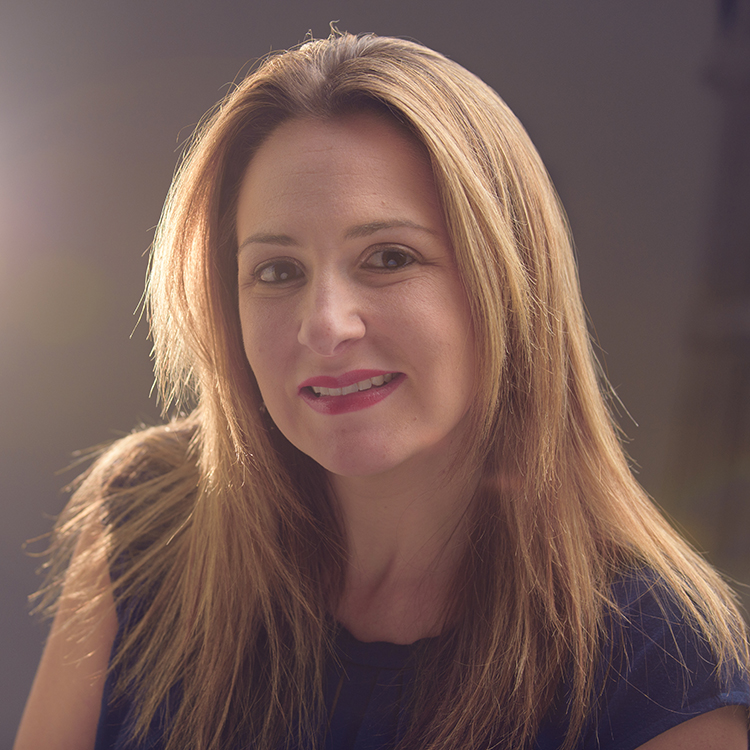“So, what do your parents do [for a living]?”
When a prominent law firm partner casually posed this question to a group of Penn Law students I was part of, I shifted uneasily. My peers responded with the professions held in the highest esteem in our country, and the most lucrative: They were the sons and daughters of doctors, bankers, lawyers and engineers. Feeling slightly embarrassed, I excused myself from the conversation.
As a first-generation Muslim immigrant from Bangladesh, I grew up in a low-income household where my parents sacrificed everything to make sure my siblings and I have the opportunities they never had. Despite the success I have had in law school, I still, at times, felt like an imposter. I would never have a “sophisticated” answer to what my parents did for a living.
I knew this feeling wasn’t right, and I used it as a wakeup call to stop hiding in the shadows. That’s why a few friends and I helped found our newest student group, Penn Law FGP (First-Generation Professionals). It’s designed to: 1) establish relationships and mentorships among alumni, undergraduate and high school students; 2) develop networking opportunities for students to access social capital; and 3) provide space for reflection and dialogue.
First, some facts about graduate school. If your parents aren’t already part of this elite world, you probably won’t be, either. Studies have shown that at the top law schools, less than five percent of the student body comes from the bottom economic quartile, and around 10 percent come from the bottom half. This creates a disconnect for students who come from a working-class or lower-income background, and who identify as first-generation professionals.
Institutions of higher education can continue to highlight their diversity numbers in promotional materials, but their commitment needs to be followed by actions that work to identify, understand and respond to the needs of FGP, whose family backgrounds are radically different. For example, while some of my Penn classmates grew up summering in Martha’s Vineyard, I was working from 3 to 11, after a day spent in high school, to help my family make ends meet. I still often get calls from my mother to help translate letters from the bank or the school district. Sometimes while my classmates are stressing out in the library, I find myself in the courtyard, on the phone, helping my younger sister with her homework.
I share my story neither to garner sympathy nor to lend a feel-good narrative, but because I truly believe that visibility matters. And visibility permits productive dialogue—we can’t make changes if we don’t get uncomfortable or if we keep denying the realities of our students.
Simultaneously, I’m working on what makes me feel uncomfortable. I will always be a minority in the circles I inhabit with the progeny of privileged people. I know that they will have no frame of reference if I tell them stories about my family’s experiences. This uneasiness never goes away completely. But, that’s okay. It is my family’s sacrifices and resilience that have provided the base from which I advocate today.
Penn Law FGP has been doing incredible work over the past year, hosting professional events and social gatherings geared toward developing the next generation of leaders. However, not every FGP has the opportunity to engage in this dynamic process around our country’s most elite institutions. Leaders in higher education should recognize this crucial need and cultivate this space.
By the way, my stepfather works at an assembly line in a factory and my mother has one of the hardest jobs of taking care of the household, and I’m proud to be their son.
Akbar Hossain writes about community engagement, immigrants’ rights and access to education.









